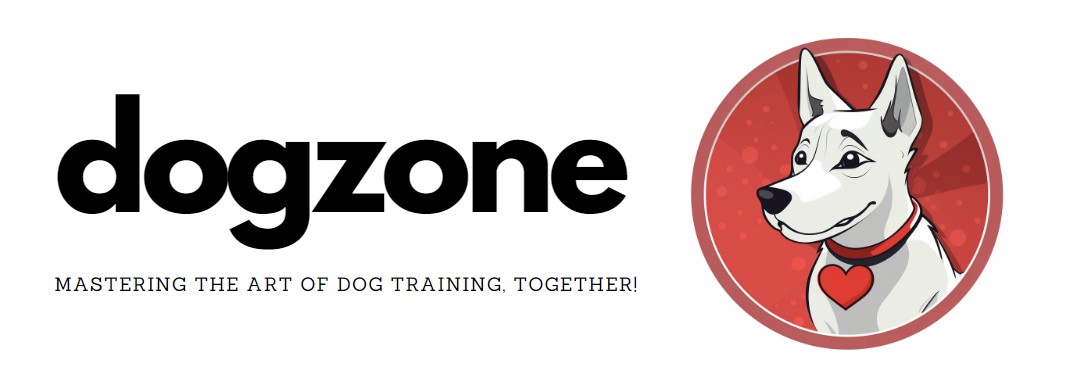This is a hard topic for me to tackle as someone who has changed my life through smart choices rather than the need for weight loss drugs.
I quit sugar 3 months ago. It was surprisingly easy, and my seemingly endless battle with weight gain has stopped in it’s tracks. 2 weeks ago, after decades of thinking about it, joined a gym, and this time I’m actually using it.
I’m 46.
For reasons such as this I see weight loss medications as an easy way out, and perhaps not the best way out, even though I’m sure for some they’re a godsend.
In the human space, medications such as Ozempic and Wegovy have, for many, been a welcome advancement in obesity drugs.
We may soon see the introduction of weight loss drugs for our pets too, on prescription from Australian veterinary clinics.
For our domestic pets, we must always question the real reason they are overweight, and that’s usually diet (do you know if your pet food is truly appropriate?) and exercise.
Let’s consider weight loss medications for our pets, without beating around any bushes.
Emerging weight loss drugs in the pet space
Pharmaceutical companies like Okava and Better Choice Company (BTTR) are already on the path towards weight loss drugs for pets, which some may class as innovation.
Okava is developing an implantable device to control obesity in cats, while BTTR, having recently acquired Aimia Pet Healthco, is working on GLP-1 drugs as treats to combat pet obesity.
How much are you willing to pay to help your overweight pet?
Of course, the cost of these drugs has been a barrier so far. If you want your pet to lose weight on such a drug, expect to pay $900 to $1,350 per month at the current prices.
For that money you could feed a pack of dogs high quality raw and let their weight return to normal naturally.
However, like with most drugs, experts would predict prices will gradually decrease. They may not drop to the price of chips, but I’m sure these companies will find a sweet spot – i.e. find out exactly how much you’re willing to pay to help your overweight pet.
The industry readies itself
While we may have to wait a bit until these weight loss drugs are available for veterinary prescription, the veterinary profession is preparing for this shift.
Associations such as the Association for Pet Obesity Prevention and the World Pet Obesity Association are working towards creating universal definitions and encouraging advancements in treating clinical obesity in animals.
In the interim, there are still many evidence-based therapeutic dietary solutions available to fight pet obesity.
The importance of proper diet and physical activity should always be your best approach.
Should you consider weight loss medication for your pet?
My answer is no, but you’re entitled to your own thoughts. Let me know what they are in the comments.
Will advancements in obesity drugs offer our pets a healthier future, or merely an easier solution than feeding them the right diet and taking them for walks?
We can expect weight loss medications for pets to be just around the corner, on prescription from your local vet, but is this truly a way to fight pet obesity effectively?
#PetCare #VeterinaryMedicine #PetObesity #PetWeightLoss #PetNutrition #PetHealth


Leave a Reply